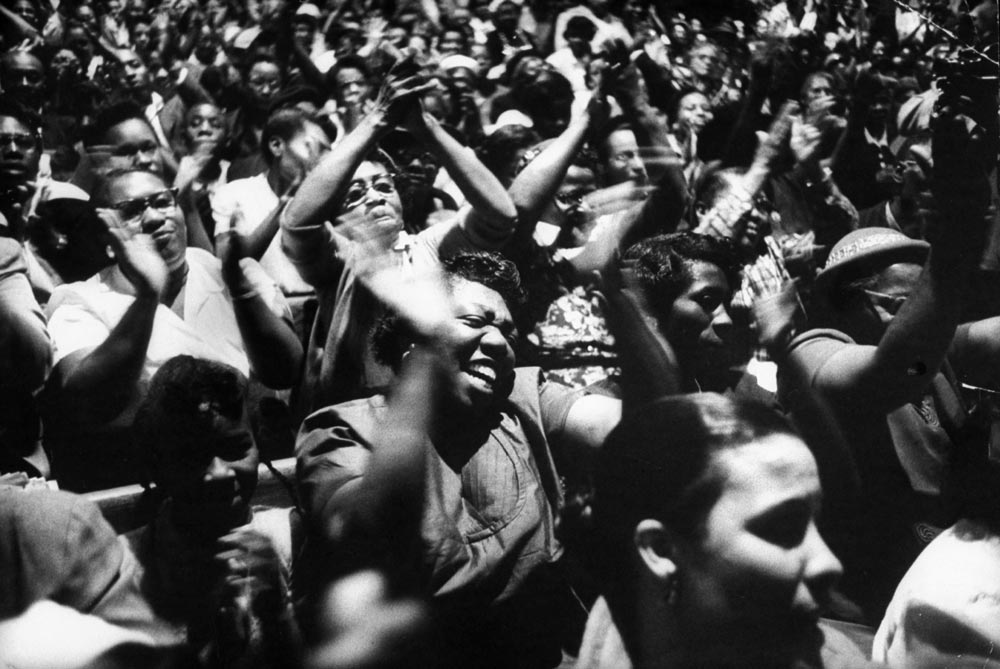The Struggles of Black Women
Scroll for moreFor Black women, racial terror included the constant threat of sexual assault.
For generations of Black women, racial terror included the constant threat of sexual assault and a complete lack of legal protection. “Throughout the Jim Crow era,” wrote historian Danielle L. McGuire, “white men lured black women and girls away from home with promises of steady work and better wages; attacked them on the job; abducted them at gunpoint while traveling to or from home, work, or church; raped them as a form of retribution or the enforce rules of racial and economic hierarchy; sexually humiliated and assaulted them on streetcars and buses, in taxicabs and trains, and in other public spaces.”

Photo: Arthur Rothstein
On a September night in Abbeville, Alabama, in 1944, a gang of white men kidnapped a 24-year-old Black woman named Recy Taylor and raped her repeatedly at gunpoint. Afterward, the men blindfolded Mrs. Taylor, drove back to the road, and left her to walk home.
Black women bore some of the deepest scars of racial inequality, yet their resistance to racialized sexual exploitation helped birth the activism and organized community action that later became the Civil Rights Movement. Between 1940 and 1975, civil rights campaigns in major cities throughout the South were sparked by sexual attacks against Black women. When a local grand jury refused to indict Recy Taylor’s attackers despite a confession, the Montgomery NAACP launched an investigation and campaign for justice spearheaded by future boycott leader Rosa Parks. None of Mrs. Taylor’s attackers was held accountable.
The same system that lynched and legally executed Black men for the mere allegation of sexual misconduct against a white woman tolerated and excused the frequent sexual attacks white men committed against Black women and girls.
After South Carolina Senator Strom Thurmond died in 2003 at age 101, the public learned that – at age 22 — he had fathered a child with an underage Black girl. To some, it was a shocking revelation that seemed to conflict with Thurmond’s 70-year-long political career fervently defending racial separation, inequality, and the superiority of the white race. For others, it was tragically predictable. “In a climate characterized by fear and abject racial intimidation, the question of whether Carrie Butler, an impoverished maid in the Thurmond family household, freely consented is virtually meaningless,” wrote legal scholar Kimberle Williams Crenshaw. “The protection law promised was empty; after all, statutory rape laws were not written to protect girls like Butler.”
The story of opposition to the cause of civil rights cannot be separated from the plight of generations of Black women whose sexual victimization went unpunished, because the forces and figures that condoned that abuse also defended segregation and repressed the fight for racial equality. “We got a sayin’ down here that every nigger baby girl born is a 12 year old—”, infamous Dallas County, Alabama, Sheriff Jim Clark said in a 1965 press interview. The newspaper cut off the quote but explained, “Clark used an unprintable word. His meaning was that every Negro girl who has reached puberty is fair game for a white man.”

A community meeting in 1956 during the Montgomery bus boycott.
Photo: Photo by Grey Villet/The LIFE Picture Collection/Getty Images